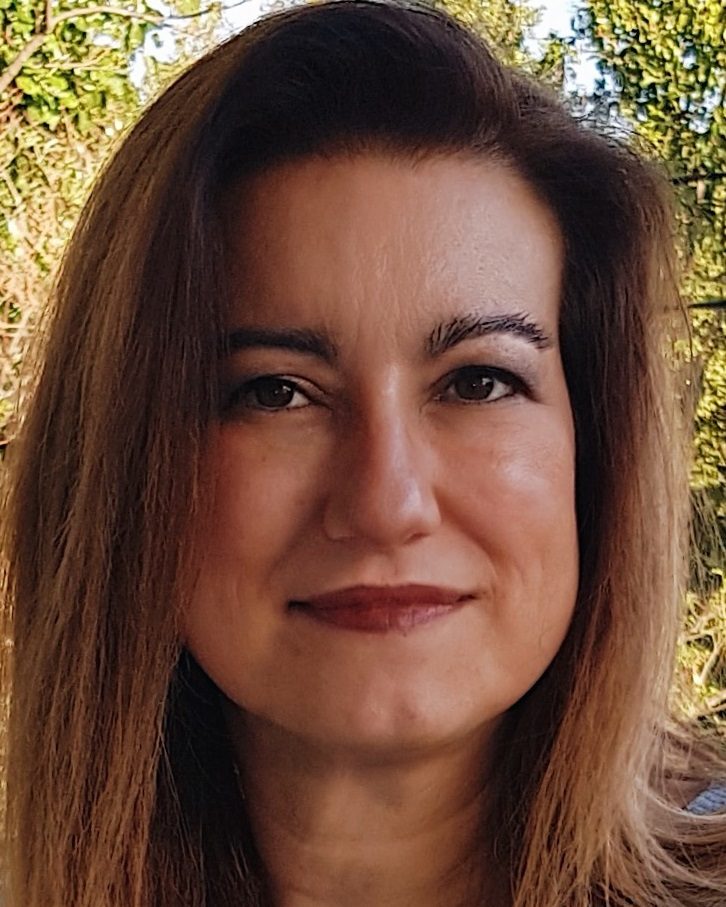Keynote Speakers

Professor Peter Groumpos, Emeritus
Department of Electrical and Computer Engineering
University of Patras, Patra, Greece
Title: COVID-19 AND THE BIG DATA DRIVEN WORLD: ISSUES, CHALLENGES AND OPPORTUNITIES
Extensive Summary:
COVID-19 has cast a nearly insufferable strain upon every aspect of our society, undoubtedly influencing the way we will live, interact, date, make-build families, govern societies, attend church services and conduct business for decades to come. And, in a time when agility and resilience are necessary norms, scientists, governments, businesses and companies that had already embraced data analytics found themselves positioned to combat the disease and its consequences with data. However, treating and analyzing data of any complex process is not a simple task. Data hide useful and valuable information. Data is widely available and accessible, but frequently leads to information overload and overexposure, while the effort for coding, storing, hiding, securing, transmitting and retrieving it may be excessive. There has never in human history been such an information explosion. We could attribute this to the rise of smartphones, sensors, devices and connected vehicles and appliances, among other digital artifacts. Much of what we touch and work with now automatically generates data. Thus, the Big Data Driven World (BDDW) has been created as a scientific area.
Read More
Born in 1950, in Xylokastro, Corinth, Greece. In 1969 he went to the USA, for his undergraduate and postgraduate studies. He received the following degrees from the SUNY at Buffalo all in Electrical Engineering: B.Sc. in 1974, a M.Sc. in 1976 and the Ph.D. in 1978.
He worked at CALSPAN Corporation, as a researcher on space scientific problems, for a year, during 1978-79. In 1979 he went as a professor at the University of Cleveland, until 1988. He was vice president of the newly established Advanced Manufacturing Center in Cleveland (1985-1988). He created and directed the Energy Research Center (ERC) at CSU, 1983-1987. He developed and supervised the creation of the first world Stand-Alone Photovoltaic village in Schuchuli, in the Arizona desert, (USA), which provided all required energy needs for a village of 40 Indian families.
Read More

Αssoc. Prof. Nancy Alonistioti
Department of Informatics and Telecommunications
National and Kapodistrian University of Athens
Title: 5G and AI revolutionizing data engineering and the vertical industries
Summary:
5G and AI are revolutionizing data engineering and the vertical industries, enabling new experiences, and transformative applications. The fundamental intelligence fused at the edge introduces a ubiquitous fabric of smart data-driven services. They will leverage on data from distributed systems with real-time capabilities. Significant amounts of data will be processed for intelligent application and networking purposes harnessing AI capabilities over low-latency 5G. AI is important for the support of SDN/NFV intelligence, as well as Software as a Service and Network as a service approaches for automation, softwarization, personalization, reliability and scaling intelligence.
Short Bio:
Αssoc. Prof. Nancy Alonistioti is faculty member in Informatics and Telecommunications (Dept. of Informatics and Telecommunications, N. K. Uni. Of Athens). She has over 20 years of experience in numerous national and European projects, including project/technical management experience (e.g., MOBIVAS, ANWIRE, LIAISON, E2R I & II, E3, SelfNET, SACRA, CONSERN, UniverSelf, SmartAgriFood). She is currently leading the SCAN group activities and she is also Vice-Chair at the Dept. Informatics and Telecommunications in ΝΚUA. She has served as member of the Future Internet Assembly Steering Committee. Recent activities and projects are in the areas of 5G (5GCroco, 5GROWTH etc….), 6G (RISE 6G) and European Digital Innovation Hubs (coordinator of LIVINGTRAC), Smart cities and Smart Maritime. She is member of the ETSI Experts group and the Greek standardization group ELOT (5G, smart city autonomic communications). She has over 150 publications in the area of mobile networks, NGI, SDN/NFV, IoT and AI, Smart City / Maritime applications, autonomic communications and reconfigurable mobile systems. She is coauthor of 4 WO Patents and has more than 3000 citations.

Prof. Anthony Savidis
Department of Computer Science – University of Crete
Affiliated Researcher at the Institute of Computer Science, FORTH with the HCI Laboratory
Title: Back to the Internet of Things Future: When Everybody Crafts Personal Smart Automations
Summary:
The Internet of Things (IoT) opened huge opportunities for composition and coordination of smart device ecosystems in everyday tasks. But even after a decade of IoT entrance in the commercial scene, we still face solutions that are: monolithic closed-world ecosystems at a large or medium scale, with inflexible ready-made applications, usually offered by a few big manufacturers.
But the needs for everyday automations are highly personalized in terms of when, how, why and what are such automations required. The latter has resulted in a market situation where although various IoT technologies seem to rapidly proliferate, the available applications and automations for end-users best fitting their daily needs are very limited and restrictive, while lacking personalization and adaptation features. So, while everybody expected IoT to be the next big thing after smartphones, for individual consumers it remains a niche market.
We focus on a different approach, an alternative path for IoT evolution. Instead of treating people as buyers and consumers of ready-made solutions, we emphasize the provision of new type of tools so they can craft and test visually, easily, safely and even collaboratively, their own smart automations, following their own needs and preferences. We discuss recent advanced research in this direction and some key results we anticipate in the future.
Short Bio:
Anthony Savidis is a Full Professor at the Department of Computer Science, University of Crete and Affiliated Researcher at the Institute of Computer Science, FORTH with the HCI Laboratory. He holds a PhD from the University of Kent, UK (1999).
His research interests include: programming languages and software engineering, user-interface development tools, domain-specific tools, and interactive programming environments for learners. He participated in about 40 European and National R&D Projects, has more than 150 conference / journal / book publications (2600 citations and hIndex 30).
At the University of Crete, he was the former Director of the Centre of ICT, is twice elected Director of the Data Processing Laboratory of the School of Sciences and Engineering, and is an elected member of the Research Council. He has done pioneering work in user-interface management systems, scripting programming languages, adaptive interfaces, next generation IDEs and debuggers, accessible user-interface toolkits, and has developed one of the earliest known software toolkits for the Internet of Things back in 2003 (as part of the Disappearing Computer 2WEAR European Research Project).
